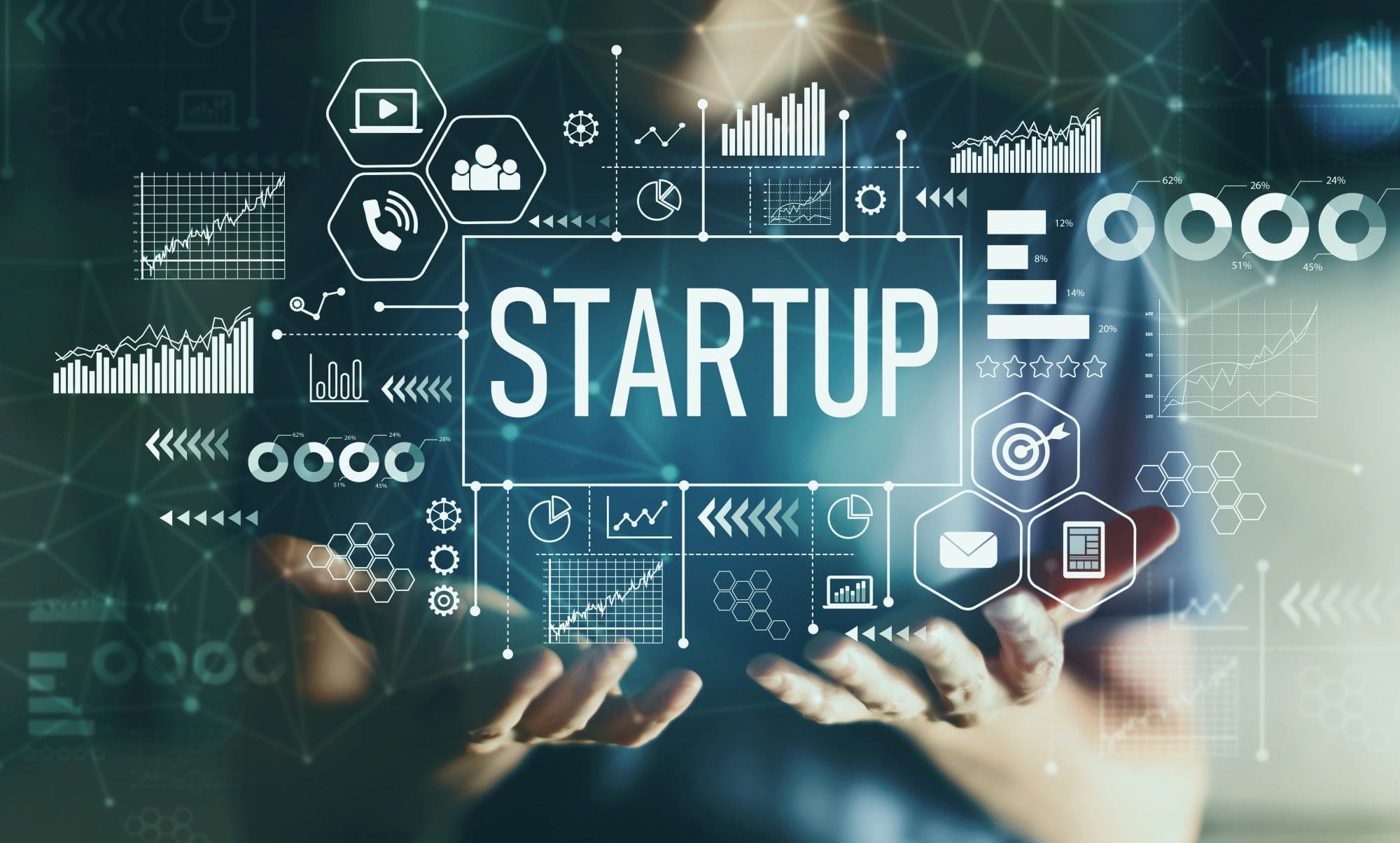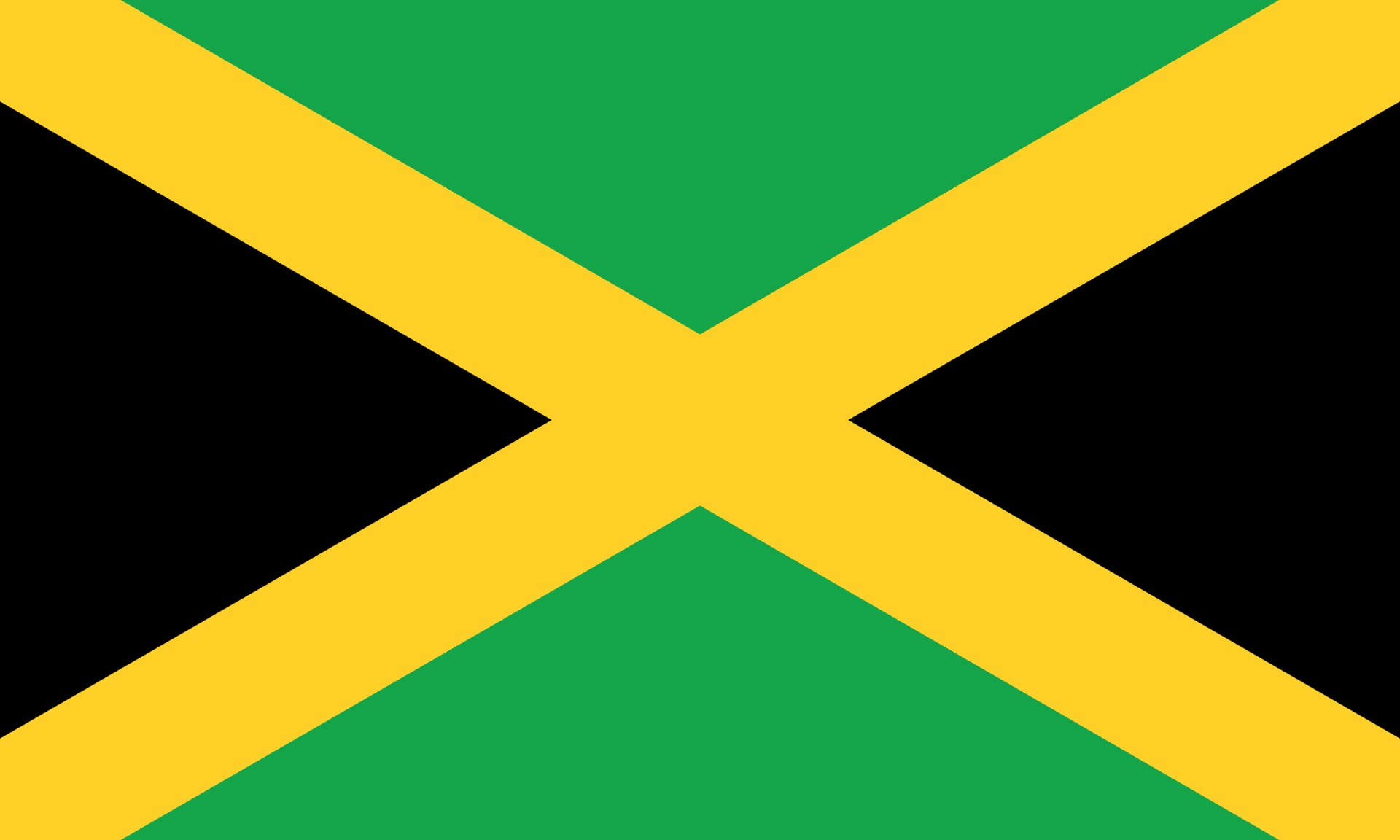Top 10 Most Promising Startups in Jamaica in 2022.

Startups usually start with a founder or co-founders who have an idea for how to solve a problem. Next, the startup’s founder will start market validation by interviewing people about issues and solutions and building a minimum viable product (MVP), also known as a prototype, to develop and test their business models. Some estimates say that getting a business off the ground can take three years or more, so the effort is needed to keep it going.
The long-term action is challenging because there are a lot of failures, and no one knows what will happen. However, when you have a business plan, you know what to do and how to plan and reach your goals in the future. Most of the time, these plans show how your business will work for the first 3 to 5 years.
Principles of Design
Design science is often linked to the models behind startups that present themselves as ventures. However, design science uses a coherent set of normative ideas and propositions called “design principles” to design and build the backbone of a company. For example, “affordable loss” is one of the first design rules.

Startup actions: Heuristics and biases
Because they don’t have a lot of information, don’t know what will happen, and need to make decisions quickly, startup founders use a lot of heuristics and show biases in their actions. When we make decisions, biases and heuristics are tools in our mental toolboxes. They help us make decisions as quickly as possible when we don’t know what to do, but sometimes they are wrong.
Entrepreneurs often have too much faith in their businesses and their ability to change things (case of the illusion of control). Entrepreneurs tend to think they have more control over what happens, and they don’t give much thought to luck. Here are some of the most critical ways that entrepreneurs make bad decisions when they want to start a new business.
Overconfidence is when you feel more sure about something than you are.
The illusion of control: putting too much weight on how much skills, not luck, help performance.
The law of small numbers says that you can conclude a more prominent group from a small sample.
Availability bias is when you judge how likely something is based on how easy it is to develop examples.
Escalation of commitment: sticking too long with projects or plans that aren’t working.
Startups use several action principles to gather evidence as quickly as possible. This helps them avoid the harmful effects of decision biases like overconfidence, escalation of commitment, and the illusion of control.
Mentoring
When doing their businesses, many entrepreneurs ask for advice from mentors. Mentors guide founders and teach them how to be entrepreneurs. They may also help new entrepreneurs feel more confident in their abilities. In addition, mentoring helps entrepreneurs learn how to keep their assets, like their status and identity, and improve their real-world skills.
There are many rules to follow when starting a business. Here are some of the principles.
The term “lean startup.”
Lean startup is a clear set of rules for creating and designing startups with few resources and a lot of uncertainty so that entrepreneurs can build their businesses more quickly and for less money. It is based on the idea that entrepreneurs can test their implicit beliefs about how their business works by making them explicit. The purpose of the empirical test is to prove or disprove these assumptions and get a better understanding of the business model of the new ventures.
As a result, the new experiences are created in a build–measure–learn loop, which means that the new ventures are created repeatedly. So, a lean startup is a set of rules for learning how to be an entrepreneur and designing a business model. More specifically, it is a set of design principles meant to help people learn by doing things repeatedly, even when they don’t know what will happen. Most of the time, a lean startup is built around a few lean principles:
- Find a problem that needs to be solved, then come up with a solution.
- Use early adopters to test the market.
- Test over and over with smaller, quicker steps.
- Build a function, see how customers react to it, and then prove or disprove the idea.
- Using facts to decide when to “pivot” and change the course of your plan, speed up,
- Learn, and concentrate as much as possible.
Startup companies have people who help them get started. These people are called founders or co-founders. Anyone can be a co-founder, and an existing company can also be a co-founder. However, the most common co-founders are founder-CEOs, engineers, hackers, web developers, web designers, and others involved in the early stages of a new venture.
The CEO of a startup is the founder who is in charge of the company’s overall strategy. Founder-CEOs are similar to CEOs in larger companies. Startup studios give founders and team members a chance to grow along with the businesses they help build. For a company to move forward, its founders must make sure that their team members have opportunities to learn and grow within the company.
Under Regulation D, co-founders are called “promoters” in U.S. securities law. The U.S. Securities and Exchange Commission says that a “promoter” is: any person who, alone or with one or more other people, directly or indirectly starts and organizes an issuer’s business or enterprise; But not every promoter is also one of the people who started the company. There is no legal definition of what makes someone a co-founder.
The right to call oneself a co-founder can be set up through an agreement with the other co-founders or with the permission of the board of directors, investors, or shareholders of a startup company. Disputes about who the co-founders are can happen when there is no explicit agreement (like a shareholders’ agreement).
Spain is known for its luscious environment and friendly people, but it also has a robust startup ecosystem that generates many top startups in Spain. It was found that startup funding in the country accelerated in 2021, surpassing previous years’ results by a noticeable margin. It is, of course, the Spanish startups that benefit from this growth.

Let’s talk about the Top 10 Most Promising Startups in Jamaica in 2022.
Jamaica’s startup ecosystem is still growing, but signs of activity and progress. Since the Startup Jamaica accelerator began in the summer of 2014, it has given money to several projects and ventures that have helped promote an important activity that has stimulating effects on the country’s economy. As a result, Jamaica is thought to be one of the best places to do business, and it has the best environment for startups in the Caribbean. It also has the third most people who speak English in the Americas (after the United States and Canada).
Start-Up Jamaica is helping young tech entrepreneurs develop new products and services that can be sold locally and worldwide. The Youth Employment in Digital and Animation Industries Accelerator is a partnership between the Jamaican government and the Jamaican Development Bank, with help from the World Bank. In 2014, the Science, Technology, Energy, and Mining Ministry started the program, and in September of that year, the first training field was set up.
The Caribbean Startups initiative is also essential because it is where the startup ecosystem for the Caribbean is based. Unfortunately, only 12% of the region has incubators and accelerators to help local businesses. The goal of this group is to reach 100 per cent by 2020, which will make it easier for entrepreneurs and program coordinators to keep working together and plan new programs.
At PanamericanWorld, we chose ten startups that show the Jamaican ecosystem, which comprises many different economic environments and a considerable capacity for growth.

- MEDIREVU
The MediRevu health app for cellphones helps people stay on track with their diet, exercise, and medication plans by letting them share them with their doctors and family. This is an excellent way to stay motivated. In addition, the app speeds up taking care of a patient, from setting up appointments to managing records and workflows.

2. DAILY MEETING
Daily Meeting is a tool for managing productivity known for being easy to use. It mainly helps the team and the people in charge of the project know what’s going on and how far it’s come. So, it makes it easier for the team to work together and for the project to be tracked in real-time. The solution is free to try out for 30 days, and there are four price levels, from basic to business.

3. CONNECTIMASS
ConnectiMass is the largest provider of online information and media services in the Caribbean. They work with tech startups and digital entrepreneurs. For example, startup Caribe, a popular program for building community in the Caribbean region, is made by the company. Its responsibilities include making an interface that is easy to use and helps people search the web quickly and easily.

4. JAMGORA
JamGora is an online market that connects local merchants in Jamaica with customers in the area. It sells e-products, home appliances, office supplies, and many other things. The company has a global reach and is trying to sell handmade goods from Jamaica to the rest of the Caribbean and North American countries.

5. KRAASIMAGES
Kraasimages is a place where you can find original photos, drawings, and audio files that have to do with the Caribbean. It has an entire library of assets managed by rights and free-form privileges. Stay seen Daley and Christopher Birch started Kraasimages, based in Kingston.

6. THEVINELIST
The VineList is a social shopping app that takes buyers straight to Kingston’s best fashion and tech stores and markets. It has a straightforward interface, making it easy to search the web. You need to list the products you want to buy, and the net will show you where to buy them. The government runs a Startup Jamaica Accelerator program, which the company is a part of.

7. EDUFOCAL
Edufocal is a social learning platform based on rewards and combines learning with playing. At first, the solution was only for students who took the Caribbean CXC and GSAT exams, but now it is also for people who took the SAT.

8. SAME LOGIC
The same logic makes it easy for people who fill out a survey about a product’s reputation to send their comments and feedback from their phones. One of the main reasons Instagram and Snapchat have grown so much in the last few years is because people share their lives through cellphone videos.
Once the people in charge of the Same logic realised that this is now a meaningful way to talk to people, they wanted to bring the same form of talking to online surveys. As a result, the same logic won Jamaica’s Seedstars World round at Seedstars Kingston in October. It will now represent the country at the Seedstars Summit in Switzerland, where it will compete for $1 million in investments and prizes.
9. ALTURA TECH CARIBBEAN
Commercial Grade Dash Cam is primarily a tiny video camera attached to the windshield of a truck or other vehicle and records continuously while the car is moving. This makes it possible to keep track of accidents in real-time and, as a result, make driving safer and have a better handle on the driver’s work and daily routine.
10. EDOCINE
EDocine is an app that makes traditional health care better by using new technology to make it easier for people to get medical services. The main goal of its creators is to improve the way people get medical care in Jamaica, where long wait times, high prices, and inefficient data recording and communication used to be the norm. With its solid technology, EDocien makes it easier to access and manage information in a safe setting.
Conclusion:
Some estimates say it can take three years or more to get a business going. Design science uses a set of rules and ideas called “design principles” to plan and build the backbone of a company. Unfortunately, entrepreneurs often have too much faith in their businesses and their ability to make changes (case of the illusion of control). Actions at a startup: Startups use action principles to gather evidence quickly. This helps them avoid the harmful effects of biases like overconfidence and escalation of commitment, which can cause them to make bad decisions.
A “lean startup” is a set of design rules meant to help people learn by doing things repeatedly, even when they don’t know what will happen. Jamaica has the third most number of people in the Americas who speak English (after the U.S. and Canada). Startup Jamaica helps young tech entrepreneurs make new products and services that can be sold in Jamaica and worldwide. People can stay on track with their diet, exercise, and medication plans by sharing them with their doctors and family through the MediRevu health app for cellphones. Daily Meeting is an easy-to-use tool for managing productivity.
ConnectiMass is the largest company in the Caribbean that offers online information and media services. JamGora is an online market that helps Jamaican merchants sell their goods to people in the same area. The VineList is a social shopping app that takes buyers to Kingston’s best fashion and tech stores and markets. You can find original Caribbean photos, drawings, and audio files on KRAASIMAGES. It has a whole library of assets managed by rights and free-form privileges. They work with people who want to start businesses in the digital world.
Same Logic from Jamaica will compete at the Seedstars Summit in Switzerland for $1 million in investments and prizes. Dashcams for trucks and other vehicles are mostly small video cameras attached to the windshield. EDOCINE is an app that uses new technology to make it easier for people to get medical care. This makes traditional health care better.
edited and proofread by nikita sharma




